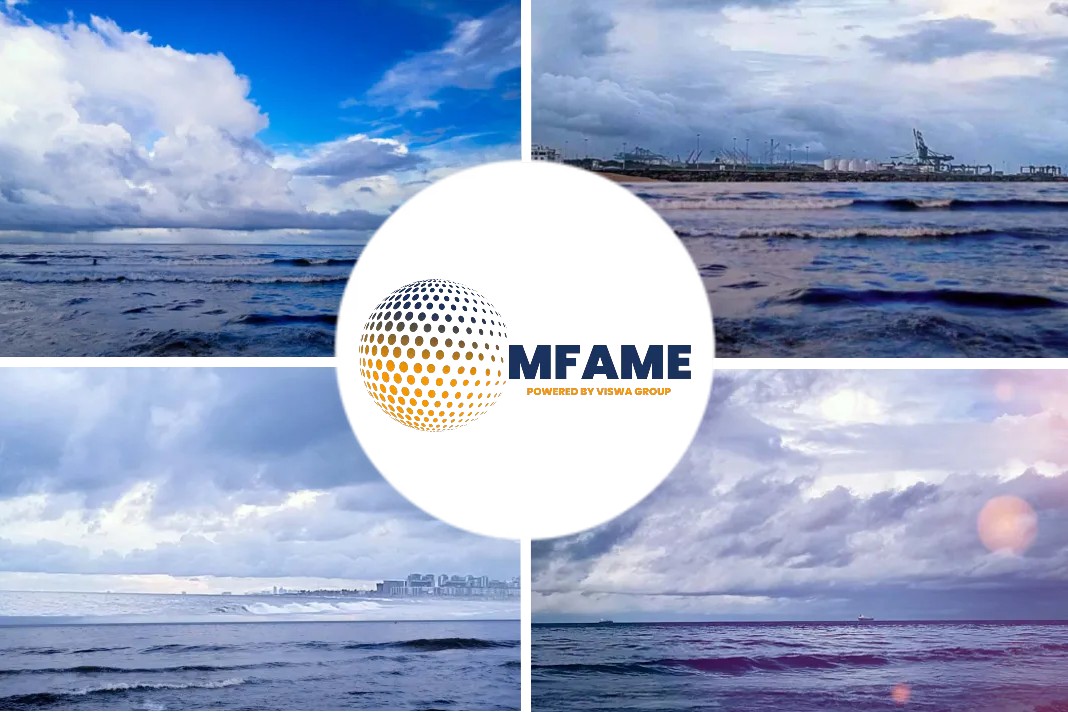Chemicals and other dangerous substances occasionally end up in the ocean after ship collisions and other accidents at sea. And this can cause serious damage to the environment, property and health.
Compensation after collisions
The Danish minister of business has requested the Danish Maritime Authority to enforce the rules of the convention in Denmark, including issuing insurance certificates to Danish ships.
Taking up the need for protection, Denmark has approved the 2010 protocol to the convention on liability and compensation for damage in connection with the carriage of HNS substances by sea. HNS substances can be defined as various hazardous and noxious substances.Denmark is following in the footsteps of Norway, Canada and Turkey and is thus the forth country to ratify the 2010 protocol to the HNS convention.
HNS carrier compliance
- Ships are obliged to carry on board a certificate as documentation of valid insurance
- Foreign ships are not allowed to call at a Danish port without a valid certificate of insurance.
The Danish Maritime Authority issues insurance certificates to Danish ships, which carry HNS substances.
Parties to the HNS convention are required to ensure that ships, which sail under their flag, are insured. This also extends to controlling the insurance of foreign ships, which are calling at their ports.
The amount to be paid by recipients of HNS is proportionate to the tons of HNS substances received in the preceding year.
HNS compensation cases
To ensure liability for damage following an incident involving HNS, the registered owner of the ship is strictly liable to pay compensation. The HNS Fund is financed by contributions from importers of HNS goods in those countries, which have ratified the HNS convention.
The shipowner’s liability provide the first layer of compensation, while the HNS Fund pays “top up” compensation when the economic costs of the damages exceeds the limit of the shipowner’s insurance.
The shipowner’s liability is determined based on the tonnage of the ship. In the case of larger pollution incidents, where the damages exceed the limit of the shipowner’s liability, the HNS Fund can be required to cover the damages arising from HNS substances, corresponding to the system of compensation that applies to pollution damage that results from spills of persistent oil being carried by sea.
Did you subscribe for our daily newsletter?
It’s Free! Click here to Subscribe!
Source: Danish Maritime Authority
















